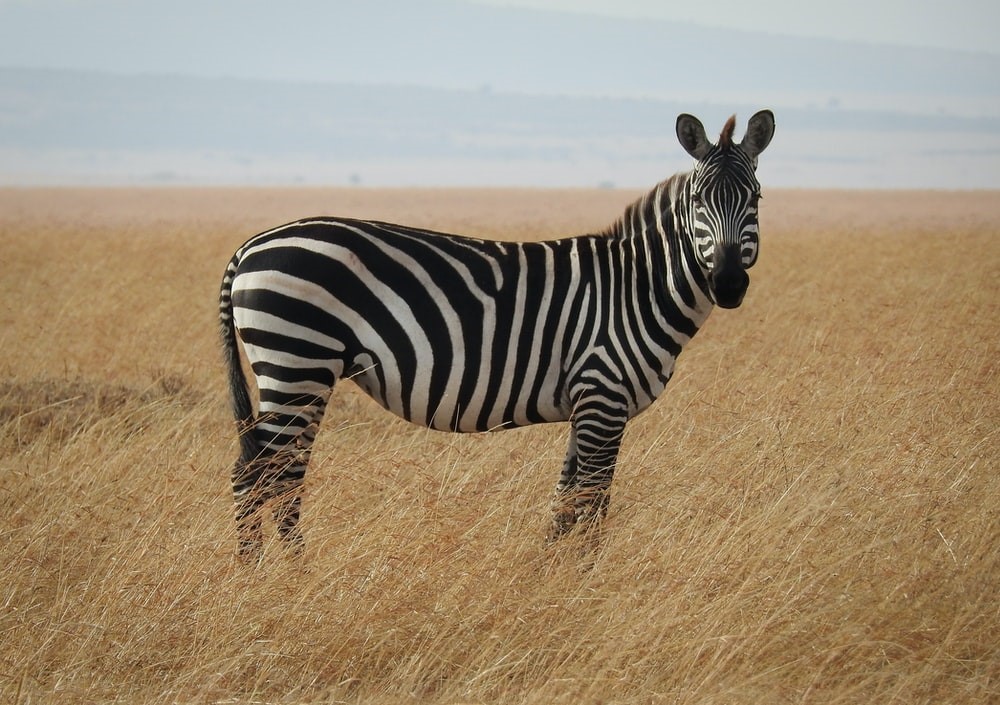
The California State Senate is currently considering legislation that would damage wildlife conservation efforts and community livelihoods in Africa. Senate Bill 1175, introduced by Senator Stern (D), aims to prohibit the importation and possession in California of thirteen species, the majority of which are not endangered and are stable or increasing in range countries where they are hunted. The bill also offers “rewards” to people who provide information about violations of the import ban that results in a civil judgment.
SCI has actively opposed the bill with our volunteer leadership in California and through SCIF’s connections in Africa. The bill is scheduled for a hearing in the Senate Natural Resources and Water Committee on May 26th.The Permanent Secretary of Zimbabwe’s Ministry of Environment, Tourism and Hospitality Industry, Mr. Munesushe Munodawafa, is slated to give virtual testimony highlighting the potential detriment from this bill.
It is rare for such a high-level African official to testify before a state legislature, but the passage of Senate Bill 1175 would be felt most strongly by African range countries. Those countries largely depend on revenues from hunting tourism to fund their national wildlife management authorities and wildlife law enforcement. Banning the importation and possession of trophies would reduce the revenues from California’s sizeable international hunting market. This bill is entirely out of touch with realities on the ground in Africa, especially now with conservation so drastically impacted by the tourism shutdown from the COVID-19 pandemic.

Even worse, the bill attempts to address a legitimate concern about diminishing numbers of assertedly “iconic” African species by targeting the countries where these species are healthiest. African elephants, lions, leopards, rhinos, giraffes, zebras, and other game species covered by the bill are stable or increasing—not declining—in countries where they are hunted. For example, according to the International Union for Conservation of Nature, 80% of the world’s elephants and black rhinos live in countries that rely on hunting as part of their national conservation strategies. These same countries represent “strongholds” for lion and leopard populations and other wildlife. This success is no accident. Habitat loss is the greatest threat facing most species, and hunting justifies the preservation of extensive habitat and funds the anti-poaching to keep it secure. Moreover, hunting contributes to local community livelihoods through community-based conservation programs across southern Africa and Tanzania, which incentivizes rural people to share their lands with wildlife and to view wildlife as a benefit, instead of competing land uses.
Because hunting is a fundamental part of conservation in these countries, Tanzania’s Wildlife Management Authority, Namibia’s Ministry of Environment and Tourism, Zimbabwe’s Parks and Wildlife Management Authority, and other range states were quick to oppose the bill and submit official objection letters.
SCI and SCI’s coalition of California chapters also submitted letters opposing the bill. These letters pointed out that this bill is preempted by the federal Endangered Species Act (ESA) and would directly conflict with the federal government’s efforts to encourage conservation in range countries. Further, the trade of hunting trophies is already regulated nationally in countries of origin, internationally by the Convention on International Trade in Endangered Species (CITES), and domestically by the U.S. Fish and Wildlife Service.

Financial analysis of the import ban forecast that it would cost millions of dollars each year to implement. Given that California currently faces a $54 billion budget deficit, the California legislature and Governor Newsom should not be seriously considering a bill that will end with costly litigation and enforcement. This bill is unenforceable, unnecessary, and unwise.
Last, it is worth noting that the primary sponsor made drastic amendments last week that mask the bill’s original intent as an import ban. In light of the COVID-19 pandemic, Senator Stern added provisions claiming to protect the public health. These amendments would require that the state Department of Fish and Wildlife immediately suspend the importation of a wild animal species into the state when evidence suggests that the species poses a risk of transmission of zoonotic diseases, and would prohibit the operation of any live animal market. This will now be viewed as public health legislation in response to the global pandemic. But we are calling it what it actually is—an anti-hunting and anti-conservation bill that will infringe upon the legal rights of Californians.
Simply put, Senate Bill 1175 bill is not based on facts. It will not save any species. On the contrary, elephants, lions, rhinos, and other species will suffer if the incentives generated by regulated hunting are reduced. Now more than ever, the conservation of African wildlife will necessitate the continued participation of American tourist hunters. States should encourage that participation, not discourage it. That is why SCI has been ardently pushing back against the passage of this bill, further cementing our legacy as “First for Hunters” and “First for Wildlife.”
Text SCI CALIFORNIA to 730-75 or use SCI’s Hunter Advocacy Action Center to let California State Senators know that this legislation is bad for conservation and bad for California.



